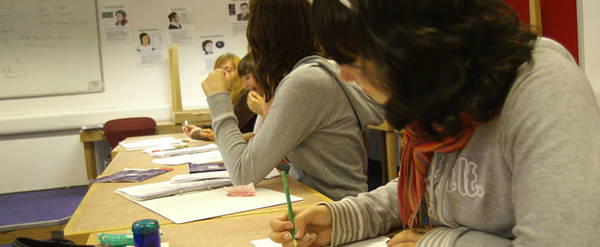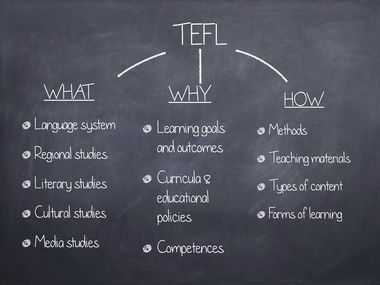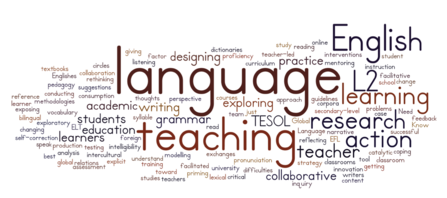Teaching English as a Foreign Language
Teaching English as a Foreign Language
Prof. Dr. Wolgang Gehring

Teaching English as a Foreign Language
Teaching English as a foreign language (TEFL or Fachdidaktik Englisch) is an umbrella term for the systematic investigation of a wide variety of complex processes involved in the development of language skills and their instruction. Typically, TEFL deals with the question of what needs to be taught, why it has to be taught and how it can be done. Some of the key areas of interest within the field of TEFL focus on various approaches to teaching of the language system itself, the development of transcultural skills and knowledge about different English speaking cultures, fostering the sense of aesthetics and familiarity with literary art, and classroom research. The latter addresses issues associated with planning, structuring and giving lessons, setting learning goals and outcomes, the development and assessment of competences, as well as the evaluation of teaching materials, types of content and forms of learning.

Being truly interdisciplinary in its scope, TEFL draws from research findings and discourses within the field of linguistics, second language acquisition studies, pedagogy, cultural, media, regional and literary studies. Equally important are the recent developments in curricula, syllabi and educational policies, both on the national and international level.
During the course of their study our students receive a balanced mix of theoretical knowledge and its practical applications. A substantial part of our teaching is set in the context of and offers an in-depth look into recent developments in the field of TEFL. The word cloud below provides an exemplary collection of current key concepts in TEFL research. It was created on the basis of article titles from the January 2015 and April 2015 issues of one of the leading academic publications within the field of TEFL, the “ELT Journal”.

Our students are strongly encouraged to engage in the discussion of our ongoing research projects, some of which have focused on the following issues and questions:
- What are the implications of inclusive education for teaching English as a foreign language?
- Can music as a subject offer a good starting point for bilingual classes?
- How have the types of language errors we encounter in class changed over the years and what are the best ways to respond to them? If pupils produce contextually inappropriate language forms that are grammatically acceptable, is it correct language use? Does it make them competent speakers?
- Can highly proficient speakers have relatively little language awareness?
- Are there any universal rules for creating lesson plans? What subjective theories about lesson plans do teacher-trainees and experienced teachers have and to what extent do they reflect best practice guidelines?
- What is assessment literacy in competence based language teaching?
- To what extent does the infusion of the arts foster learning English as a foreign language? How can art elements be incorporated into European EFL classrooms?
